Is it “trendy” or beneficial to take supplements?
Does Calcium and Vitamin D supplements harm the heart?
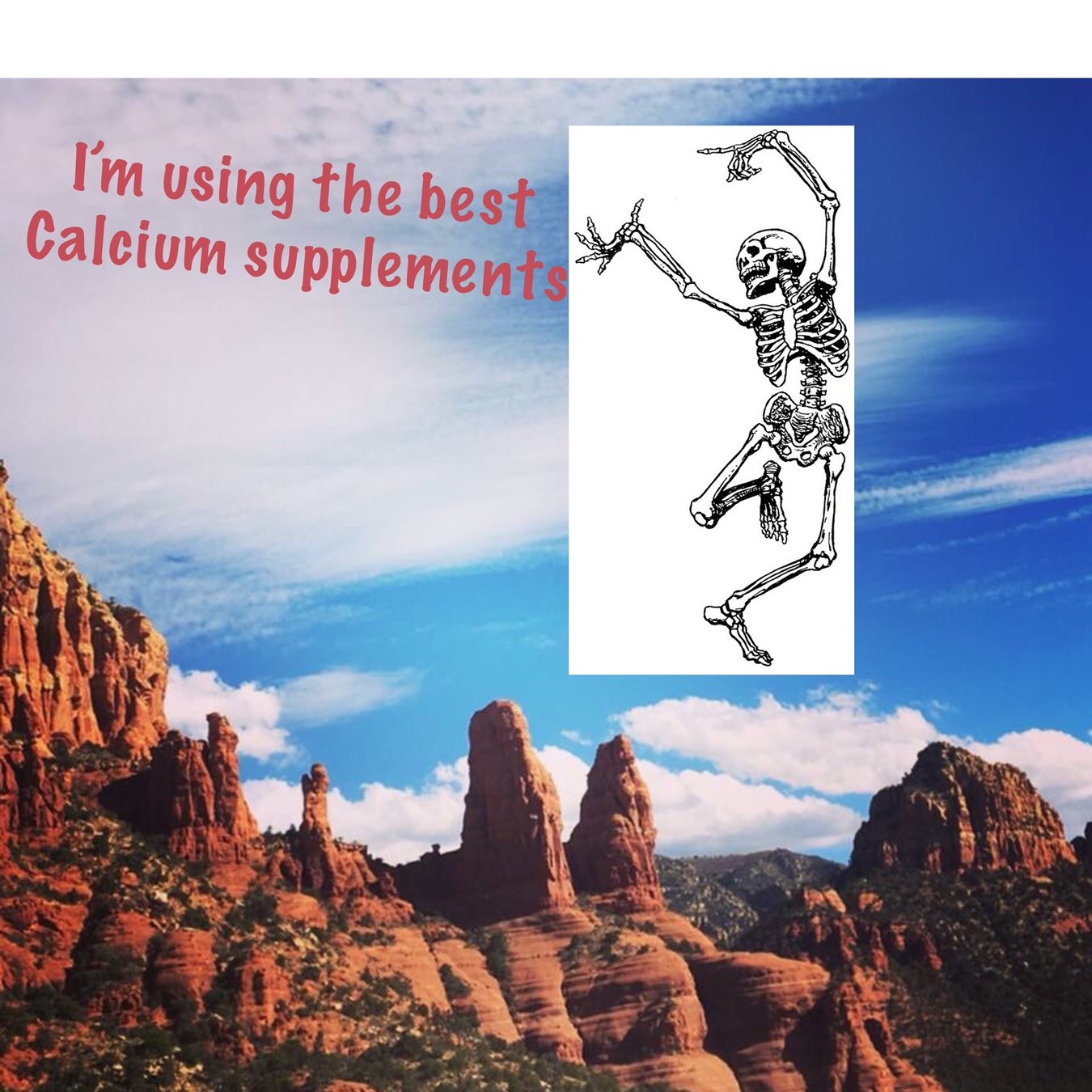
Irina Staicu, MD, FACC, RPVI,
Nuclear Cardiology Diplomat, ABVLM Diplomat
Is it “trendy” or beneficial to take supplements?
Does Calcium and Vitamin D supplements harm the heart?
I have never been too keen to using supplements, due to my medical training, and emphasis on scientific proof. The older I get , the more open I become to “ alternative medicine” but still erring on the side of caution, and requiring sound evidence of medical benefit, no harm, and no or
tolerable side effects. I still believe in the “natural power of food”, thinking that a balanced diet is a better source for our body than any supplemental pills.
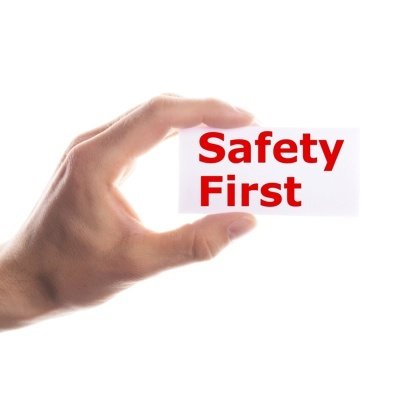
That is why, like a respectable European women, I grow my own vegetables in the summer, taking pride in the organic taste of them.
Vitamins and supplements have very powerful medicinal effects, and their dose and additives are not regulated or tested by FDA.
They also interact between them and with medical drugs, but no warnings are available.
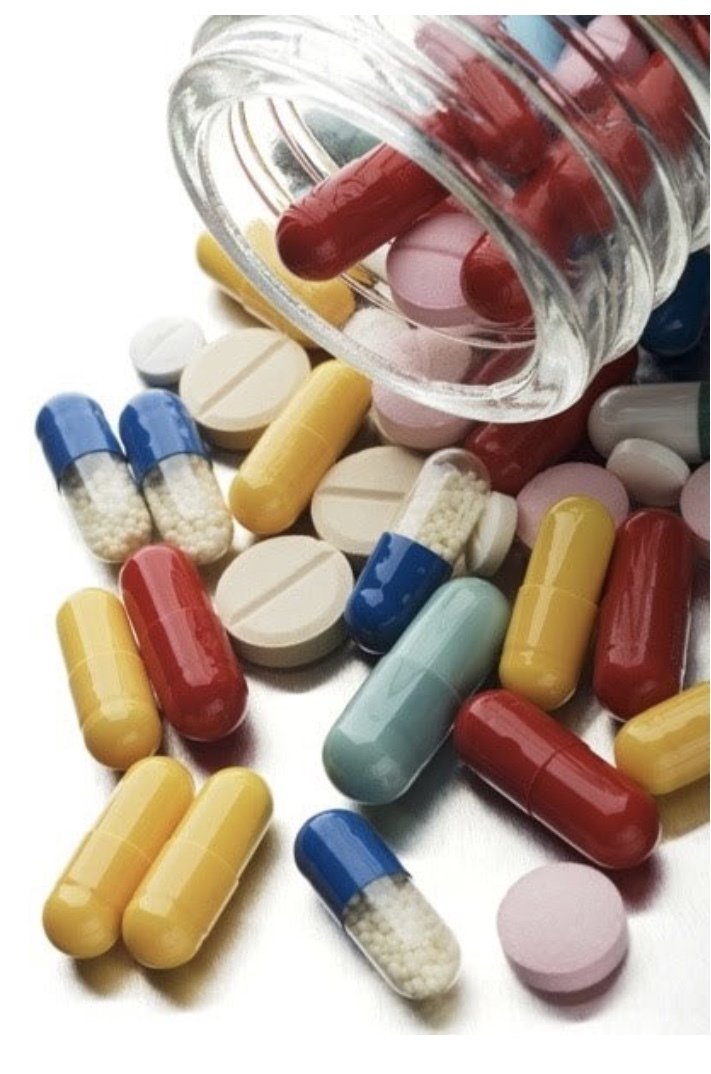
I’m open to supplements , when I studied them myself.
I often recommend some of them ,but with caution, and after reviewing side effects and their ingredients, viewing them as prescription drugs.
Folic acid , for example, has been used for years, without any harmful interaction or side effects.
There are dietary restrictions and diets requiring supplements , such as vegan/vegetarian , when I totally support some supplements.
Supplements and alternative medicine may have a beneficial role in our health, and I am open to it. But I’m harping on the fact that self-prescribing them may lead to harmful interaction with medical drugs, or unexpected side effects. They should be viewed as “supplements with pharmacological properties”
It is interesting how medications are rated favorable or not in waves. Every few years, new medical evidence removes a favorite drug, and promotes a new one.
This wavy trend is true in supplements and alternative medicine.
A few years back, Coenzyme q10 or garlic were widely prescribe as efficient in preventing heart disease, then lately new evidence found them not beneficial at all.
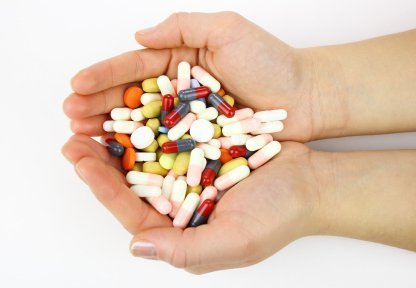
Calcium supplements and VD
losing credibility?
Calcium and VD have been taken and prescribed for decades, without questioning their value, and also without any major harm. As I mentioned above, there are waves in medicine when we all believe in a drug benefits, then years later after new research evidence, we all find it not beneficial or even harmful.
It is that time for Calcium and Vitamin D . Let me summarize for you, in short , the very new research evidence. Here are the three questions:
- Do they increase the strength of the bones and prevent fractures?
- Do they promote fracture healing?
- Are they harmful to the heart?
It is a common belief and practice to take Calcium and Vitamin D to strengthen your bones and to prevent fractures. Americans spent close to $2 billion on these two supplements in 2016. ( Nutrition Business Journal)
A new study just released in the Journal of the American Medical Association , dec 2017, suggests that the two supplements were not linked to less risk of fractures, regardless of the dose, sex, fracture history, dietary calcium, or baseline VD concentration

This study findings confirms data shown on multiple previous studies: taking daily calcium may increase bone density by 1-2%, not enough to prevent fractures or promote healing. ( Review of 59 controlled trials , 2015, British Medical Journal.)
Bone strength is built before 30 years old; after this age, your diet should provide enough Calcium that your body does not get it from the bones.
A new study published in JAMA, dec 2017, concluded that Calcium or VD were not associated with a lower risk of fractures.
The authors do not support routine use of these supplements in > 50 years old people.
If there is evidence of reducing the risk of fractures, or promote healing , people should be advised to take these supplements; otherwise, Calcium and VD supplements should be given to individual people, based on specific requirements.

What is the connection of Calcium , VD and Heart Disease? |
|
Calcium supplements have been negatively associated with heart disease. Coronary Calcium score – “ calcium specks inside the arteries” - have been quoted most as a sign of negative Calcium impact on the coronary arteries.
|
Here is a confusing story about Calcium deposits and heart disease. These Calcium deposits were never linked to increase risk of Heart attacks or strokes.
There is no direct correlation between your intake of Calcium and coronary deposits of Calcium.
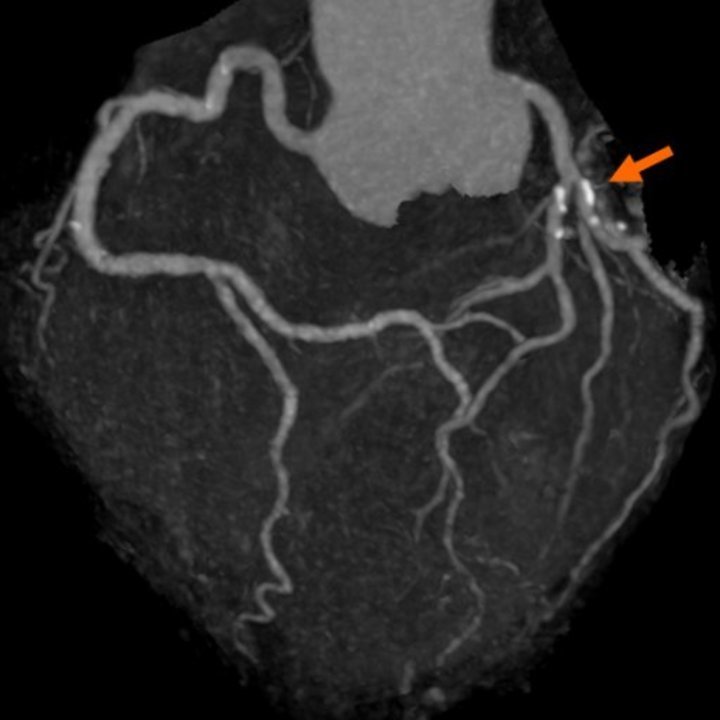
Calcium deposits
|
There is an interesting association between bone health and heart disease, which I often quote in my lectures. Osteoporosis and heart disease may share same risk factors, - smoking, low activity, unhealthy diet. Simply, osteoporosis patients may develop Heart disease, - just because similar risk factors, not because they take Calcium supplements. |
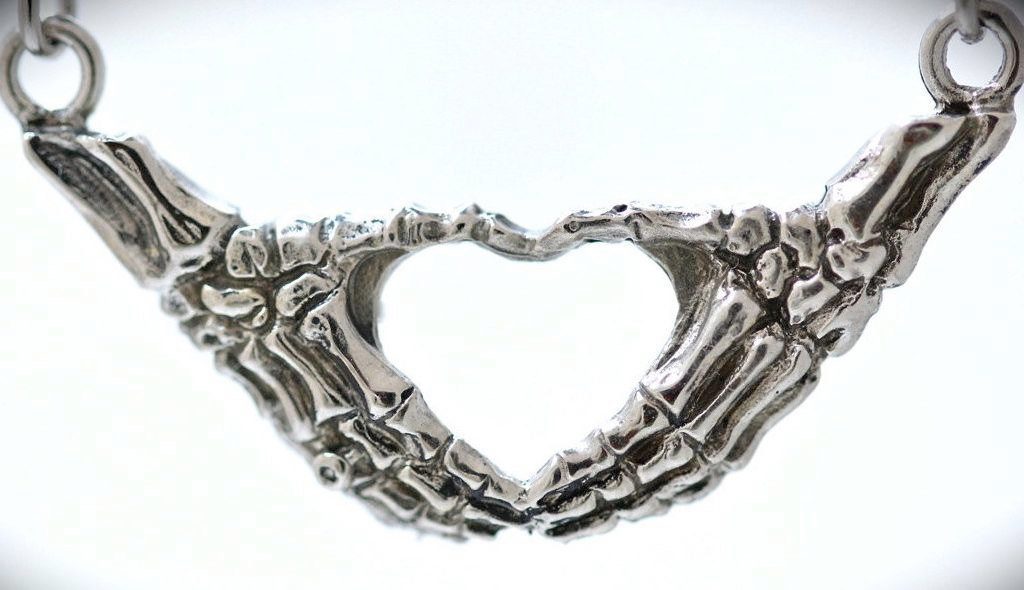
Preventive Task Force does not recommend calcium or Calcium and VD supplements in adults over 50, who live in the community. ( 2017)
There is no evidence that taking these supplements can harm your heart . Still, it’s best to take these supplements from foods, not pills. ( Mayo Clinic , 2017)
deck
By Irina Staicu
deck
- 605



